The 4FJ campaign relaunched today as the 4FJ Fish Smart campaign. Vinaka vakalevu to Semi Koroilavesau, Minister of the Fiji Ministry of Fisheries, who was the chief guest at the launch event.
“With 4FJ, the nation came together to help kawakawa and donu thrive. Now we are asking everyone to come together once again to help the rest of Fiji’s fish and critters thrive, through more Fish Smart practices,” said the minister.
The 4FJ Fish Smart campaign marks an exciting new chapter in the 4FJ Movement, which launched in 2014 to improve management of kawakawa and donu fisheries in Fiji. The 4FJ Movement created a diverse coalition of local champions, communities, faith-based organisations, and private sector institutions and in turn, supported the creation of a national seasonal ban.
Pictured, left to right, Martin Chong, Programme Manager, PEUMP; Minister of Fisheries, Semi Koroilavesau; Dr. ERJA ASKOLA, EU Deputy Head of Delegation; and Mafa Qiolele, cChange Program Manager.
Now the 4FJ Fish Smart campaign will bring that coalition back together again to expand efforts to promote a host of Fish Smart practices to help communities better manage all marine species, to best meet their food and income needs, today and tomorrow.
Why? Fishers across Fiji are reporting they have to spend more time and money on fuel to catch fish and often for increasingly smaller catches, hurting livelihoods and family nutrition. The closer to major fish markets typically the harder fishing has become, but no area is spared in Fiji.
According to one recent Wildlife Conservation Society Fiji study, it took one to two hours per day in the 1980s to catch enough fish for an entire village. By 2000, Fiji fishers could only catch enough fish for their families. Today, fishers can spend 10 to 12 hours, and most catch smaller fish.
Minister of Fisheries Semi Koroivalesau and 4FJ Fish Smart Champion Lisala Waqalala.
“In just a generation, fishing has become much harder for us, making it harder to meet our needs, and also maintain our traditions,” said Lisala Waqalala, a fisher from Vitawa village and a 4FJ campaign champion, who attended the launch. “But we saw with 4FJ that together we can create change. I hope we can do it again so my grandchildren can experience the same Fiji we all grew up in.”
In collaboration with government, local networks and NGO partners, the 4FJ Fish Smart campaign will work to bridge the gap in providing support to all communities in Fiji to better manage coastal resources through Fish Smart practices.
The campaign will share practical, local solutions and prioritise cost-effective outreach activities that can reach most communities. That starts on Wednesday with the launch of Qoli Vakamatau on Radio Fiji One that will air twice a month in partnership with the Fiji Broadcasting Company and share community and fisher perspectives and practical Fish Smart solutions to overfishing. The show hosted by Nai Kamanalagi Sorowaia starts at 2:10 p.m. and runs for an hour.
The campaign will also work with news media and social media to help share success stories from around the country about community-based fisheries management efforts. Working through the Fiji Locally-Managed Marine Area Network, the campaign will also develop Fish Smart videos, animations, drama and other new innovative outreach tools to empower grassroots networks to start inclusive, sustained community dialogues and help spur local action.
“For too long, conservation efforts focused on a few pilot communities and failed to scale-up solutions to really help the majority of communities,” said Hugh Govan, special advisor to Locally-Managed Marine Area Network International, a key partner to the initiative. “This campaign will strive to give people evidence-based information to manage fishing grounds with the resources they have right now, while evaluating the best ways to create long-term information strategies to reach 100 percent of the communities.”
For communities, fishing smart means stopping harmful fishing practices, such as poison root fishing, night-time SCUBA spearfishing and small mesh sizes for nets. It also means such things as establishing and respecting community tabu areas, protecting breeding seasons and sites and avoiding undersize species.
The campaign, with the support of a science advisory committee, will help communities understand current fishing pressures and the best local actions to revive locally-important species.
For those in Fiji’s towns and cities, the Fish Smart campaign is also asking for your help, said Mafa Qiolele, Program Manager at cChange, the orgnisation that created the 4FJ campaign.
“As communities take action to revive fishing grounds in rural areas, people in urban areas can help them by making sure their efforts are not wasted by a few bad actors. That means pledging to not buy legally undersized fish, fish that were too small to breed and restock fishing grounds,” Qiolele said.
To support pledges, the campaign will distribute a new booklet with all current legal sizes, best available research on sizes and banned species. A mobile phone app is also under development. Pledge events are planned nationwide.
“So please follow us on Facebook and come out to pledge as the campaign hosts events across the country,” Qiolele said.
About the campaign
The 4FJ campaign was launched in 2014 to revive at risk kawakawa and donu fisheries, commonly called grouper in English. 4FJ Fish Smart is the next phase of the campaign, promoting sustainable fishing practices to revive the all marine species with a focus on local management actions at the community level and pledges to avoid legally undersize fish at the national level.
The campaign is funded through the Pacific-European Union Marine Partnership (PEUMP) programme and implemented in partnership the Locally-Managed Area Marine Network International and the Pacific Community (SPC). The PEUMP programme is funded by the European Union and Government of Sweden.
The campaign is also funded through Oceans 5 and Bloomberg Philanthropies Vibrant Oceans Initiative and is being implemented in partnership with cChange, Wildlife Conservation Society Fiji, Fiji Locally-Managed Area Marine Network, Conservation International, and International Union for the Conservation of Nature.




